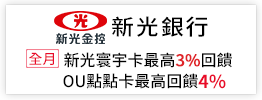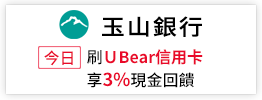This open access book deals with global sanitation, where SDG 6.2 sets a target of enabling access to sanitation services for all, but has not yet been achieved in low- and middle-income countries. The transition from the United Nations MDGs to the SDGs requires more consideration based on the socio-cultural aspects of global sanitation. In other words, equitable sanitation for those in vulnerable situations could be based on socio-cultural contexts. Sanitation is a system that comprises not only a latrine but also the works for the treatment and disposal of human waste. Sanitation systems do not function by themselves but have significance only through social management. The process of decision-making also largely depends on socio-cultural conditions, and the importance of sanitation needs to be socially acknowledged. The health benefits of sanitation improvement--among the significant contributions of sanitation--also need to be considered in the socio-cultural milieu. Further, the social-culture itself is affected, and potentially even created, by sanitation. In this context, more progress on the improvement of sanitation requires a more holistic approach across disciplines.
In this book, we present the concept of the Sanitation Triangle, which considers the interconnections of health, materials, and socio-culture in sanitation, as a holistic approach, and the case studies based on the Sanitation Triangle by diverse disciplines such as Cultural Anthropology, Development Studies, Health Sciences, Engineering, and Science Communication. By the deep theoretical examinations and inter-dialogues between the different disciplines, this book explores the potentialities of inter-disciplinary studies on global sanitation.



 天天爆殺
天天爆殺  今日66折
今日66折 

























 博客來
博客來 博客來
博客來 博客來
博客來 博客來
博客來 博客來
博客來